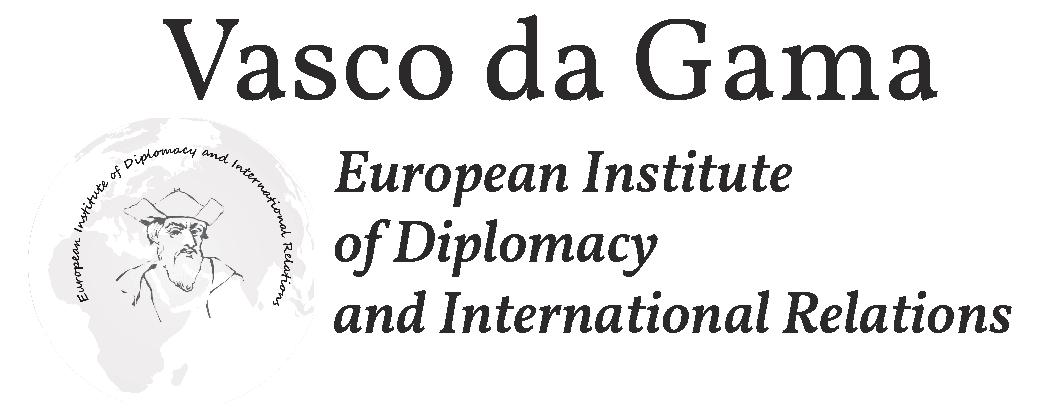Philosophy of Human Rights
Content
Human rights were proclaimed from the outset as self-evident. The expression “self-evident” is not mentioned in the 1789 Declaration, nor in that of 1948, but in the American Declaration of Independence of July 4, 1776, which all others more or less look like.
However, human rights have been challenged since the very beginning, both by counterrevolutionaries like Burke and by revolutionaries like Marx.
However, they arguably have a philosophical ancestry. One can be headed for deplorable contradictions without acknowledging the aforementioned fact.
The Digest, which itself embodied an ancient and solemn doctrine, already mentions that all men are born free and equal in rights according to natural law. But it was not construed as in 1789, because the doctrine that supported the Roman law was Aristotelian or Stoic, not Hobbesian or Rousseauist.
Human rights of 1789 and 1948 are based on an individualistic philosophy: they highlight the individual human and make law a personal matter.
Law is something boundless coming from an individual, thereby having a starting point, but no end point, having a single pole and as boundless as the will of that individual. Human rights constitute a circle whose center is an individual but whose radius is infinitely expandable.
Similar to a circumference, human rights are a locus or a legal place, which is empty and which is filled or emptied at will by its holder.
These rights vary greatly and are not independent of their social and cultural context.
Sometimes they are a weapon concealing less altruistic purposes.
Mission
This course will examine philosophical conceptions and critiques of human rights. It will consider the classical theories of rights developed by Locke and Rousseau and then the anti-rights positions of Betham and Marx. The discussion will then move to the contemporary accounts of Rawls, T.M. Scanlon, and Habermas and to the criticisms formulated by Richard Rorty and Bernard Williams.
Bibliography
HAARSCHER G., Philosophie des droits de l’homme, Bruxelles, Editions de l’université de Bruxelles, 1987
HENNEBEL L. & TIGROUDJA H., Traité de droit international des droits de l’homme, Paris, Pedone, 2016
PEREZ LUNO y ANTONIO ENRIQUE, Los derechos fundamentales, Madrid, Tecnos, 1986
ROHOU J., Le XVIIe siècle, une révolution de la condition humaine, Paris, Seuil, 2002
STONER J., Common Law AND Liberal Theory: Coke, Hobbes and the Origins of American Constitutionalism, Kansas, University Press, 1992
3 ECTS

